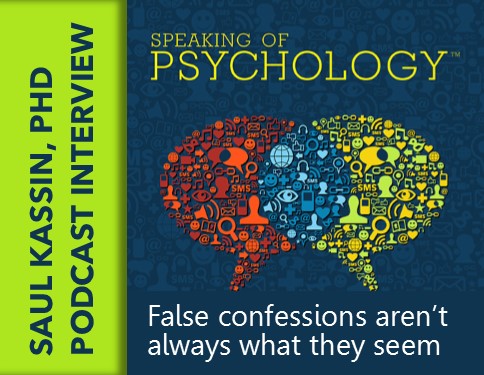It is hard to imagine why someone would confess to something they didn’t do. To voluntarily provide information that results in incarceration, embarrassment, loss of employment, restitution or loss of freedom seems unfathomable. However, not only are there several cases of this actually occurring but it continues to happen throughout the widespread field of interrogations.
Most confessions provided by a guilty subject include their rationalization for their actions as an attempt to gain an understanding of why they may have done something they normally wouldn’t do. Investigators have heard thousands of stories of a subject stealing money impulsively without thinking it through, burglarizing a property due to financial pressures or giving away trade secrets because someone else pressured them into it. If we can acknowledge that someone may commit a crime due to pressures in their life, then we should be able to understand why an innocent subject may admit to their involvement in a crime because of other pressures being applied.
Taking into consideration research done by groups such as the Innocence Project, Wrongful Conviction Center for Youth and other academics across the world, there are several reasons why a confession may occur involuntarily and even be false. Many of the reasons are due to the strategy of the interrogation and behavior of the investigator.




